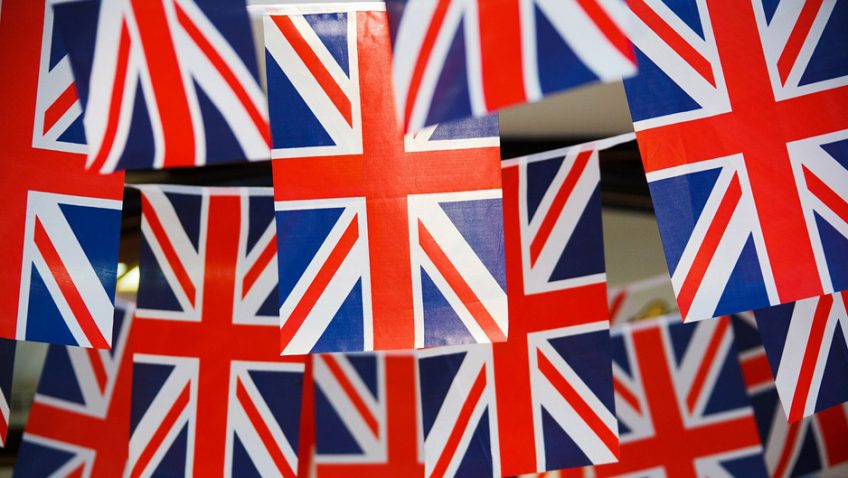I was interested on more than one count to read Tina Foster’s article on “British Values” in your January, 2017 issue.
Some years ago I became intrigued by hearing about “Values”, usually qualified in some way. Helping then, as now, with the organising of the Peace Party and producing its “Charter”, a number of us decided to try to set out those values that applied to the peaceful world we were seeking. (We had heard the other political parties talk of “Labour” or “Liberal” or “Conservative” values.)
What we’ve only recently come to realise is that what we were setting out and defining were not specifically Peace Party values at all but ones that apply through the whole of life, to the whole of humanity.
I was then really heartened to find on a plaque on the wall of a mosque in Munich, Bavaria (in German, of course) some of those values listed for all to see, “What we share”, it says at the top. A dictionary is not needed to pick out tolerance, respect and love.
Within the last few months, I have discovered “Values-based Education” which has been adopted in a number of primary schools around the country. And, surprise, surprise, there are some of those same words as on the poster in Munich including tolerance, respect and love.
There are a total of 22 “values” listed in the VbE scheme. My investigations have thrown up something like 90 possible universal human values (as they may be called).
Dame Louise Casey, mentioned in the Mature Times article, was acting under the government’s instructions with a particular aim in view, that is looking at “integration and opportunity in isolated and deprived communities” in Britain. It is not surprising that she came up with a set of characteristics or features of society in Britain today.
I would submit that those characteristics are not values, per se, but are derived from the application of some of them.
For example, “democracy” as we know it in Britain is not the same all over the globe but it may have its roots here in, perhaps, “co-operation”, “respect”, “responsibility” and “trust”.
I would argue that most of the other characteristics which the government is seeking to promote are, likewise, not human values at all but just “building blocks” of societies like Britain. They would include many of the terms given in the article:
- Rule of law
- Individual liberty
- Freedom of speech
- Equality
- Sovereignty of the Crown in Parliament
- Personal freedom is inviolable
- Private property
- Institutions like the Monarchy, the NHS and the BBC
- History and culture
- Sport and fair play
- Patriotism and, of course
- Representative democracy using a first-past-the-post voting system
The thought of asking people to take an oath of allegiance or swearing a pledge of loyalty to all these (or indeed to anything) is total anathema to me, especially as some of those characteristics (or attributes) are contradictory (for example, the inviolability of personal freedom against the sovereignty of the Crown, private property against equality).
I fail to see that taking an oath or swearing a pledge make anyone a better person or a more patriotic Briton. The terms listed are certainly not values or even the adjectivally qualified “British values” in the commonly accepted meaning of the word.
For me, the education system is the place for people to learn about true, universal, human values.
Values-based Education talks of values as “an ethical DNA – a set of instructions hard-wired into your brain that will determine your behaviours without you even realising it”.
Let me list twenty of what I see as key values (noting that some people might refer to them as ‘virtues’ or ‘principles’). We know instinctively what they mean or imply, so, when reading the list, may I suggest a pause after each one to reflect on the deep meaning of the single word:
Appreciation
Caring
Courage
Courageousness
Friendship
Gentleness
Happiness
Honesty
Hope
Humility
Integrity Love
Patience
Quality
Respect
Responsibility
Thoughtfulness
Tolerance
Trust
Understanding
Unity
There are other qualities that have been identified that are closely associated with values that depend on the application of one or more values. For example, “Peace” is not a value itself but it depends on such values as Caring, Compassion, Trust, Understanding and Respect for human, and some would say, all life.
“Equality” and Co-operation, Friendship and Solidarity, all good qualities in themselves, are dependent on a variety of values.
John Morris is a founder of the Peace Party UK. http://peaceparty.org.uk



